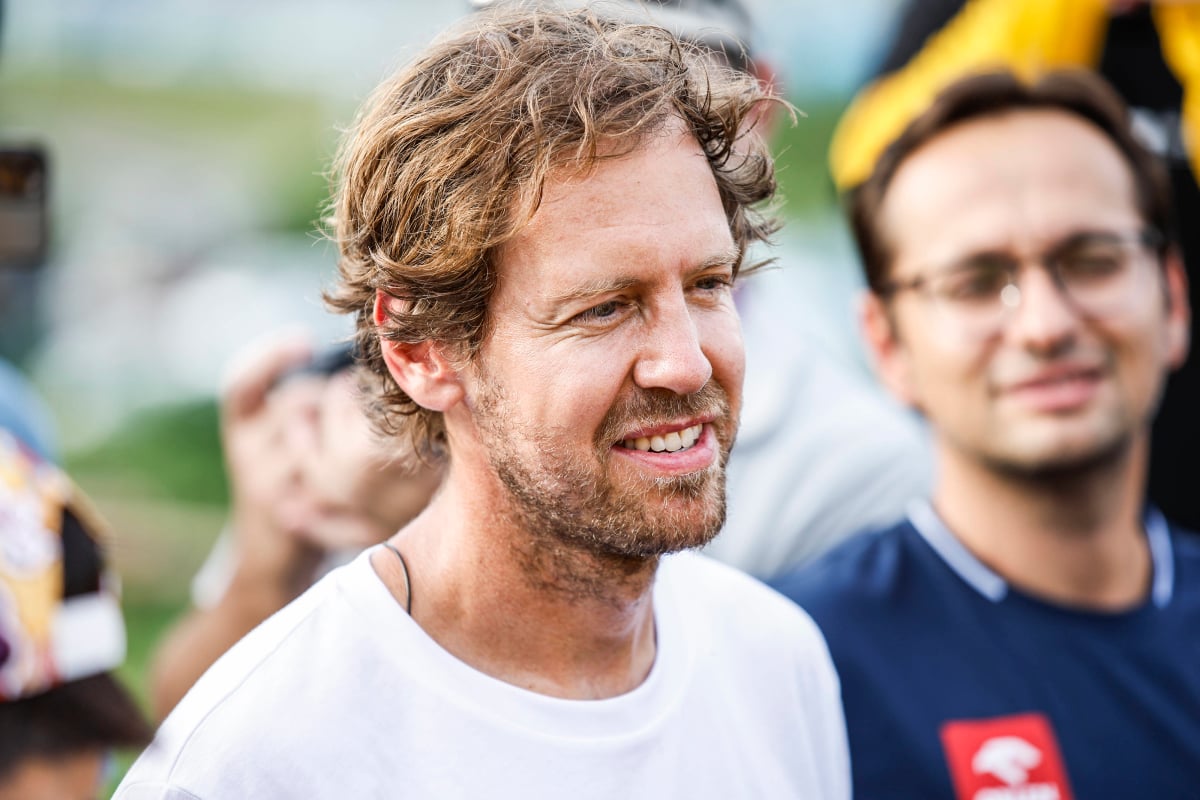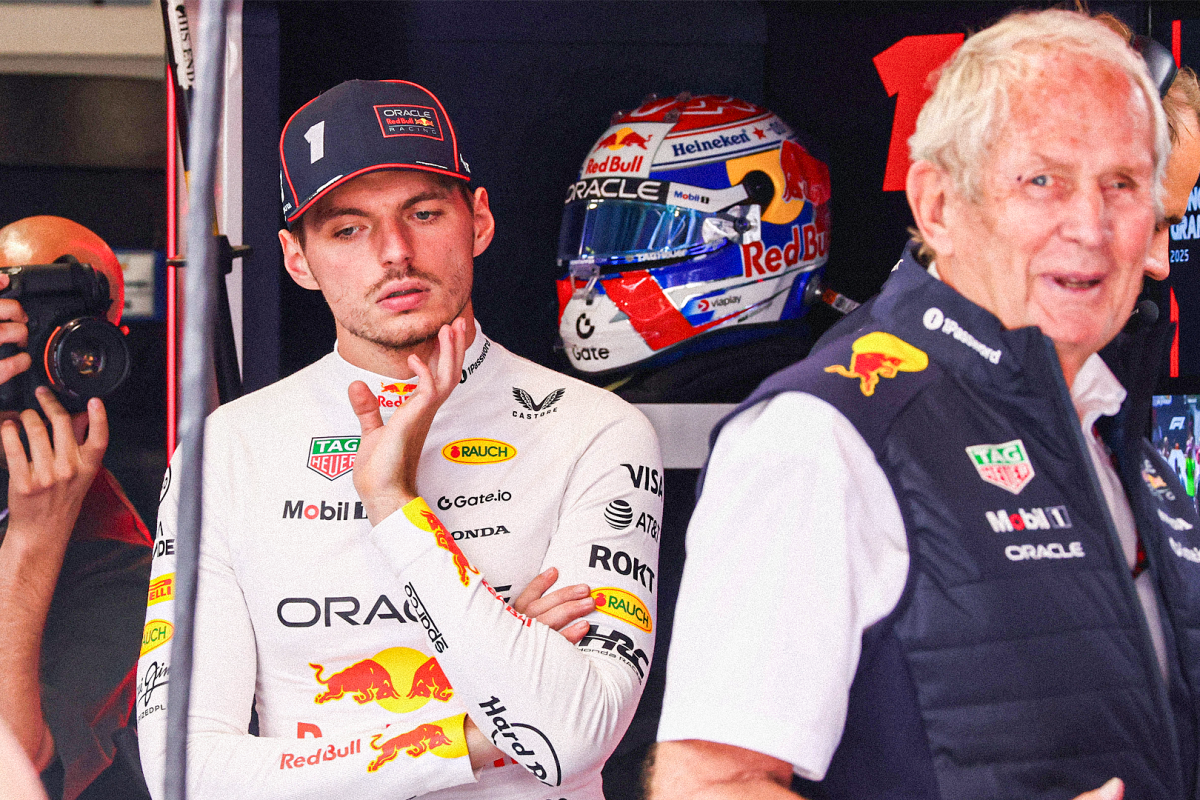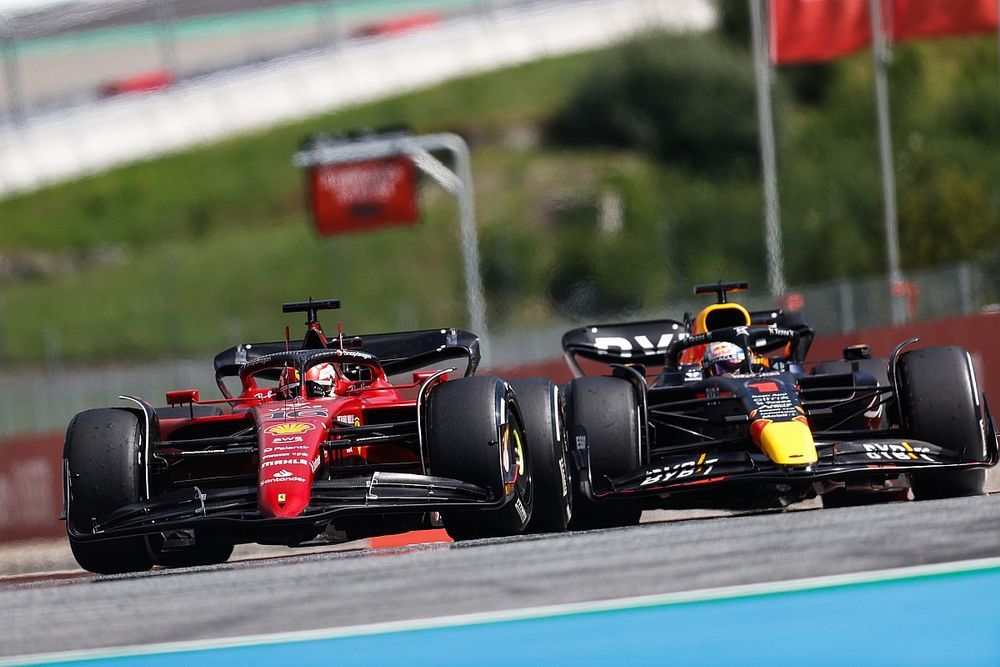Sebastian Vettel’s Heartfelt Amazon Mission: A Racing Legend’s Plea to S… read more
Four-time Formula 1 world champion Sebastian Vettel has once again used his platform beyond motorsport to champion a cause close to his heart—environmental and social justice. Since his retirement from Formula 1 at the end of the 2022 season, Vettel has increasingly dedicated his voice to raising awareness about climate change, biodiversity loss, and human rights, particularly those of indigenous communities. His most recent and perhaps most moving project was a journey to the Amazon rainforest in Brazil, where he witnessed firsthand the devastating impact of deforestation and illegal gold mining on both the environment and indigenous peoples.
In October 2024, Vettel traveled to the Amazon to visit the homeland of the Kayapo people, an indigenous group residing in the Brazilian states of Pará and Mato Grosso. The region, known for its rich biodiversity, has become one of the most severely affected areas by illegal activities such as logging and gold mining. Partnering with Greenpeace, a leading environmental organization, Vettel ventured deep into the rainforest to learn directly from local communities, meet their leaders, and document the destruction that’s taking place far from the public eye.
Vettel’s visit was marked by humility, openness, and a genuine willingness to listen and learn. He met with respected local figures such as Chief Megaron Txucarramae and Chief Raoni Metuktire—icons of indigenous resistance and protectors of the rainforest. Welcomed into the Kayapo villages, Vettel immersed himself in their traditions, playing football with children, swimming in the river, and sharing meals with the locals. Through a series of social media videos and posts, he showcased the vibrant culture of the Kayapo people, shedding light on their deep connection with the land and the unique meanings behind their traditional attire and rituals.
But his tone shifted when documenting the harsh reality that threatens this ancient way of life. In an emotional Instagram post, Vettel reflected on the devastating aerial view he witnessed during a flyover above the rainforest: “It was like having an inside to hell,” he wrote. What should have been lush, unbroken greenery was instead marred by smoke, destruction, and barren wastelands carved out by illegal mining operations. Entire swathes of forest were razed, and muddy pits from gold extraction sites scarred the Earth. The contrast between vibrant green jungle and the ghostly, deforested land painted a haunting picture of environmental loss.
Vettel underscored a particularly alarming statistic—over 6,000 square kilometers of rainforest are lost every year, with illegal gold mining as a primary driver. This destruction doesn’t only cost the world its vital carbon sink, but it’s also displacing indigenous populations and poisoning water sources. Mercury, used in gold extraction, contaminates rivers and puts both wildlife and human health at risk. “The consequences are devastating,” Vettel explained. “Indigenous peoples are losing their homes, their culture, their safety.”
On his website and social media, Vettel amplified the voices of the local leaders he met. Chief Megaron Txucarramae delivered a damning indictment of industrial greed, stating, “The white man, he doesn’t have any idea why he is destroying the forest, right? He is destroying the forest to plant soybeans, to plant corn, to make money. But he doesn’t look at nature, doesn’t see the future.” This message resonated deeply with Vettel’s followers, many of whom were shocked by the extent of the devastation.
Alongside heartbreaking photos—plumes of smoke rising from the treetops, indigenous children standing by polluted rivers, and lifeless plots of land—Vettel issued a plea. He urged fans and the wider public to support the preservation of the Amazon, directing them to Greenpeace’s campaign efforts. The organization is advocating for an end to the financial support of companies and governments that fuel deforestation. They also push for legal protections, funding for Indigenous Peoples and Local Communities (IPLCs), and robust climate policy enforcement.
Vettel’s advocacy is not new. During his final years in Formula 1, he wore custom helmets and apparel bearing messages like “Save the Bees” and “Act Now,” and often spoke about sustainability and the moral duty of public figures to inspire action. But his Amazon trip marked a more personal and visceral involvement in activism—standing shoulder to shoulder with frontline defenders of nature.
The timing of Vettel’s message is also strategic. In November 2025, global leaders are expected to convene in the Amazon region for a critical environmental summit. Greenpeace, along with other NGOs and indigenous coalitions, aims to bring testimonies like those Vettel helped share directly to the negotiating table. These stories and images humanize the crisis and demand not just promises, but actionable change.
Vettel’s move from race tracks to rainforests may seem unconventional, but it is consistent with a career defined by precision, passion, and purpose. His voice carries weight not just as a decorated athlete, but as someone who chooses to leverage fame for impactful storytelling and advocacy. As the Amazon continues to burn and its people continue to fight for their land, Vettel’s powerful message reminds us all of our shared responsibility.
“We have to listen,” he says. “Because if we don’t, it won’t just be the Amazon that disappears. It will be us too.”




